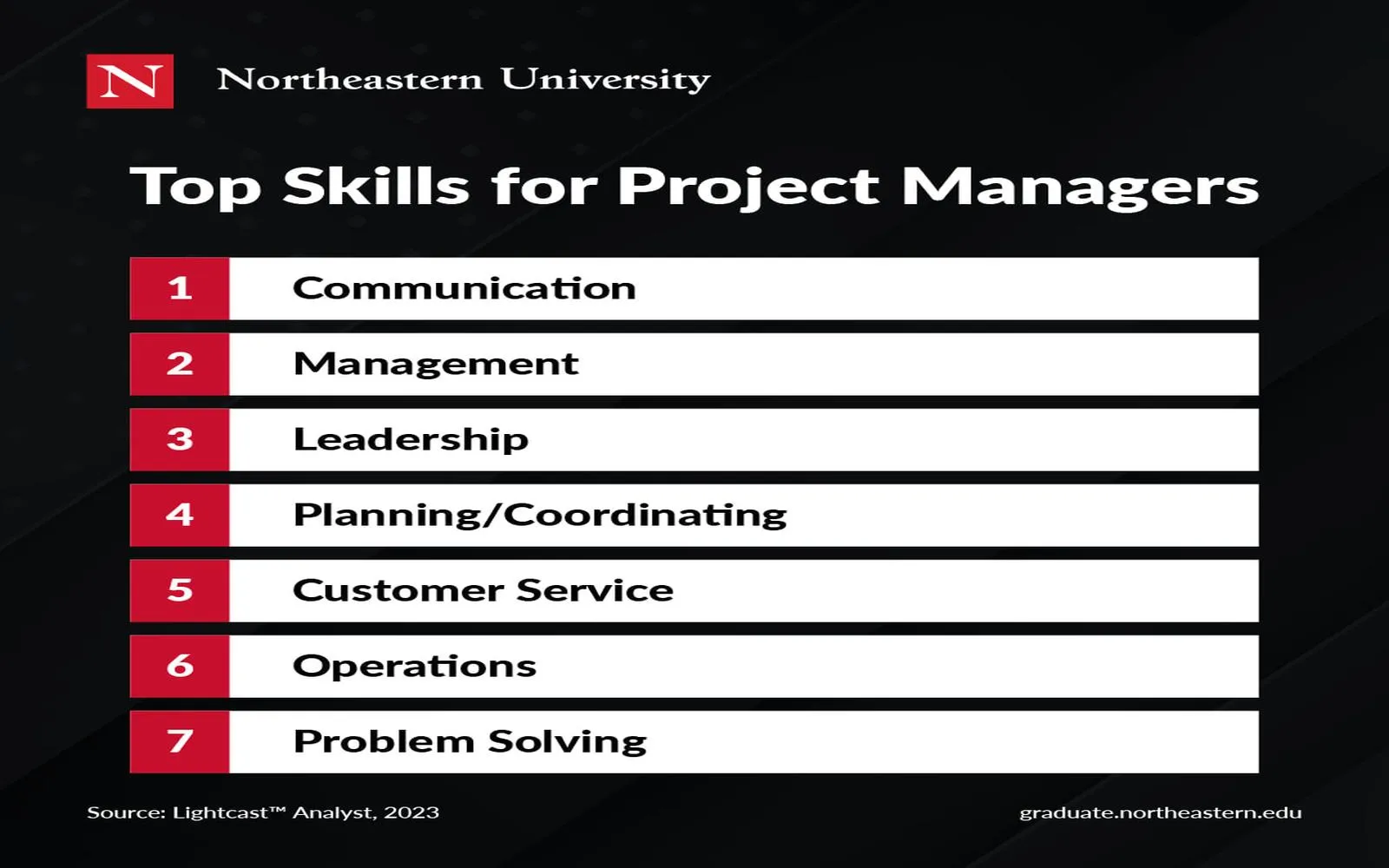Project management is a multifaceted discipline that requires a unique blend of skills and competencies. A successful project manager is not only a planner but also a leader, communicator, and problem-solver. Here, we will explore the five essential skills that every successful project manager should possess to effectively navigate the complexities of project execution.
1. Leadership Skills
Leadership is at the heart of effective project management. A project manager must inspire and motivate team members, guiding them toward achieving project goals. This involves not only delegating tasks but also fostering a collaborative environment where team members feel valued and engaged. Strong leadership skills help in:
- Building trust among team members
- Encouraging open communication
- Facilitating conflict resolution
- Driving productivity and morale
In essence, effective leadership contributes to a positive project culture, which is essential for project success.
2. Communication Skills
Effective communication is crucial for any project manager. They must convey ideas clearly to team members, stakeholders, and clients. This includes both verbal and written communication, as well as active listening. A project manager should be adept at:
- Presenting project updates and reports
- Conducting meetings that foster dialogue
- Drafting clear project documentation
- Ensuring all stakeholders are on the same page
Good communication helps prevent misunderstandings and keeps the project aligned with its objectives.
3. Time Management Skills
Time management is an essential skill for project managers, as they need to balance multiple tasks and deadlines. A successful project manager should be able to:
- Create realistic project timelines
- Prioritize tasks effectively
- Monitor progress and adjust schedules as needed
- Utilize time management tools and techniques
By mastering time management, project managers can ensure that projects are completed on time and within budget.
4. Risk Management Skills
Every project comes with its own set of risks. A successful project manager must be skilled at identifying, analyzing, and mitigating potential risks. This involves:
- Conducting risk assessments
- Developing risk management plans
- Monitoring risks throughout the project lifecycle
- Communicating risks to stakeholders
Effective risk management can significantly reduce the likelihood of project failure and enhance the chances of achieving project objectives.
5. Technical Skills
In today's digital age, having a solid understanding of the technical aspects of a project is essential. A project manager should be familiar with the tools and technologies relevant to their industry. This includes:
- Project management software (e.g., Trello, Asana, Microsoft Project)
- Data analysis tools
- Industry-specific technologies
- Agile methodologies and frameworks
Technical skills allow project managers to communicate effectively with team members and make informed decisions based on data.
Conclusion
In summary, the role of a project manager is both challenging and rewarding. Mastering these five essential skills—leadership, communication, time management, risk management, and technical skills—will empower project managers to lead their teams to success. By honing these skills, project managers can navigate the complexities of their projects with confidence and ensure that they meet their objectives efficiently.
Chart: Essential Skills of a Successful Project Manager
| Skill | Description | Importance |
|---|---|---|
| Leadership | Inspires and motivates team members | Builds trust and promotes collaboration |
| Communication | Conveys ideas clearly to stakeholders | Prevents misunderstandings |
| Time Management | Balances multiple tasks and deadlines | Ensures timely project completion |
| Risk Management | Identifies and mitigates project risks | Reduces likelihood of project failure |
| Technical Skills | Understands tools and technologies | Facilitates informed decision-making |
By focusing on these essential skills, aspiring project managers can enhance their effectiveness and drive successful project outcomes, ultimately leading to greater career advancement opportunities in the field of project management.





